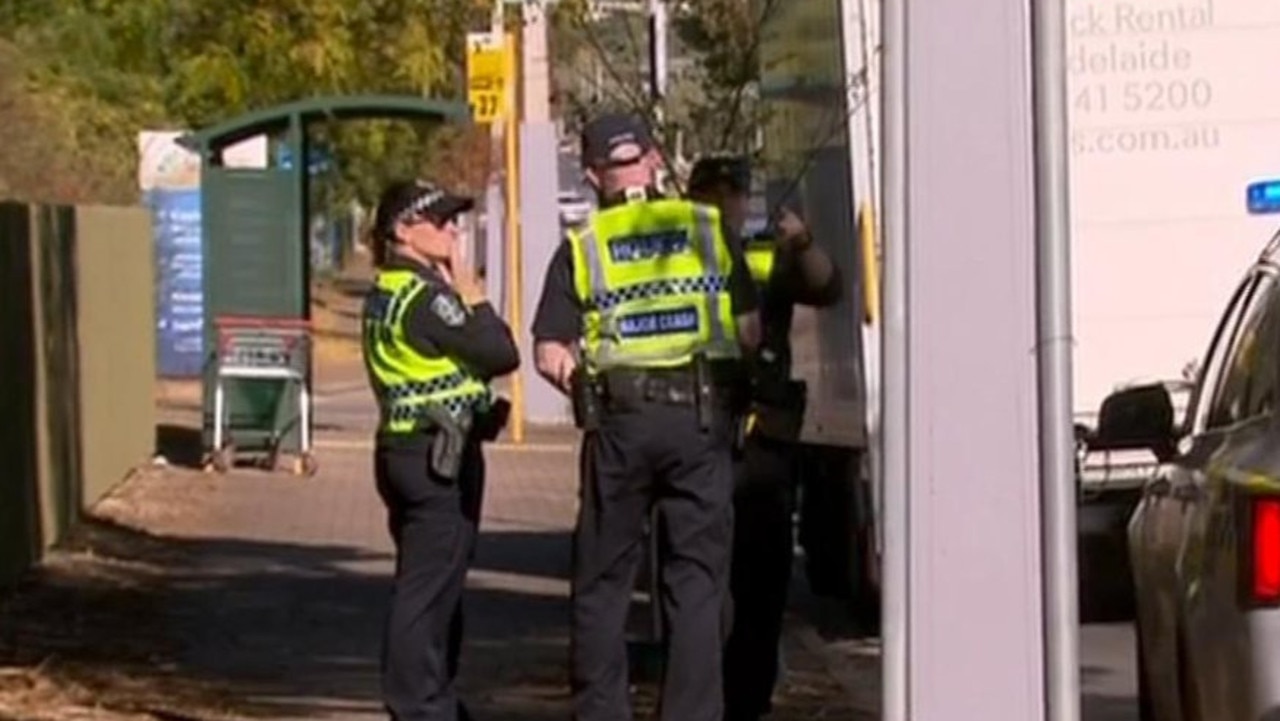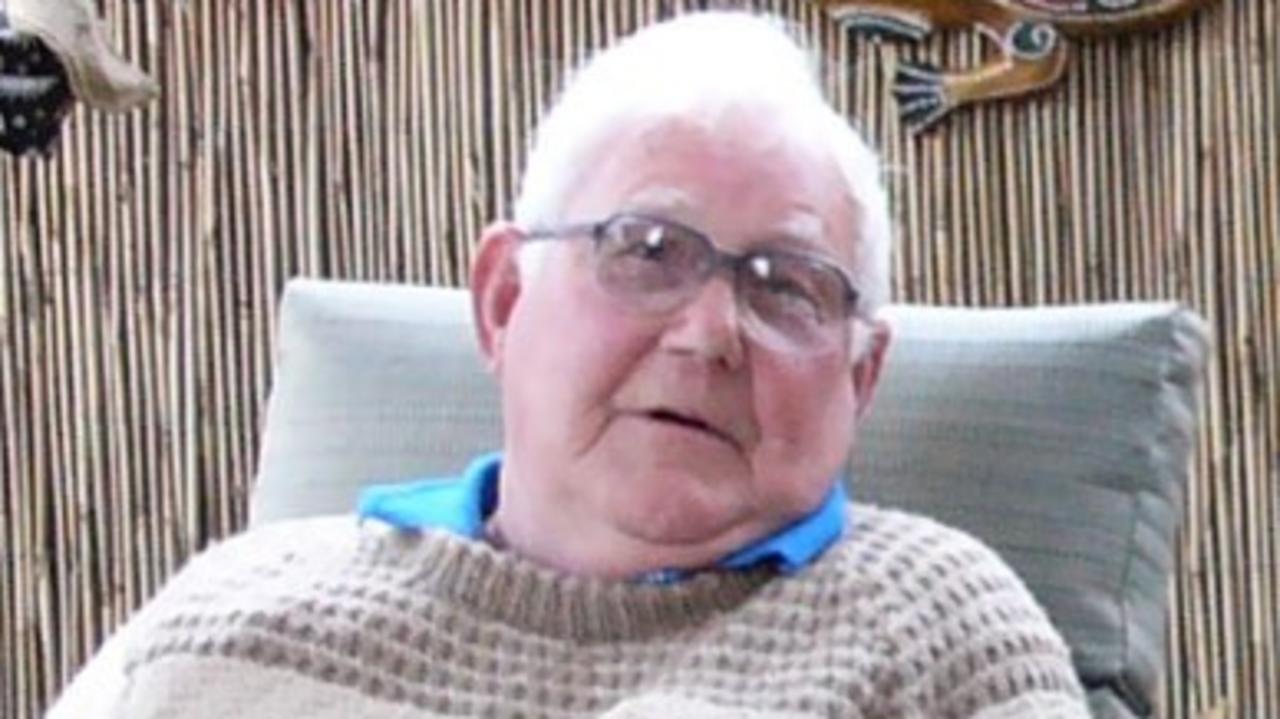Public psychologists leaving industry over poor pay and working conditions, union says.
Psychologists are leaving the public sector in droves, the industry’s union says. But the Health Minister has refuted the claims, saying there’s more positions than before.
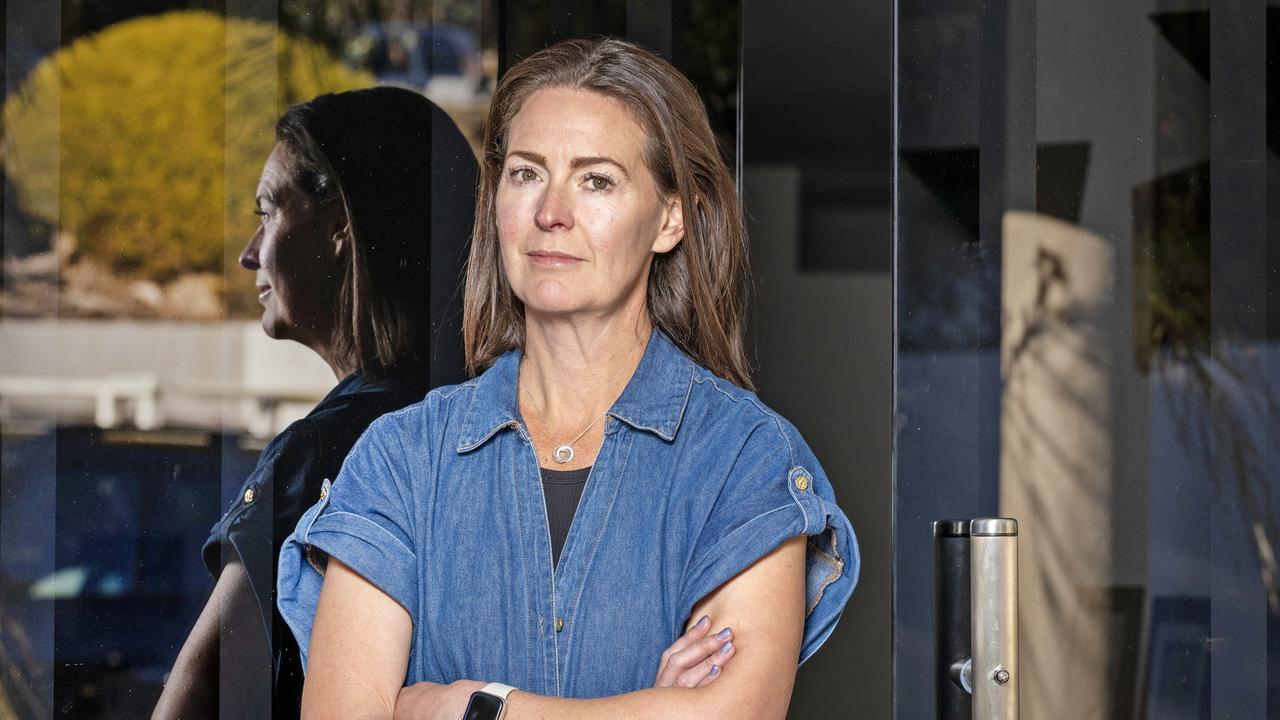
SA News
Don't miss out on the headlines from SA News. Followed categories will be added to My News.
Overworked and underpaid psychologists are reportedly leaving the public sector in droves over poor pay and working conditions, putting the state’s health network on the cusp of another collapse.
The state’s public psychology union says key fields – including forensic mental health and community health – have 50 per cent vacancy rates, with South Australians either forced to wait for affordable public help or going without care altogether.
It comes as new figures reveal South Australia public psychologists are the worst paid in the country, with interstate counterparts earning close to $50,000 more for the same position.
While in the private sector, psychologists can take home six times as much.
South Australian Psychologists Association president Deborah McLean said the public sector was teetering, with South Australians left counting the cost.
“Our junior psychologists who are fresh out of university after completing a nine-year training program, including a masters and PhD, are being paid $48 an hour,” Mrs McLean said.
“Now my 17-year-old child who is unqualified is getting $60 an hour to be a football trainer.
“We could earn more pulling beers on a Sunday than we can in the critical work we are doing for South Australians.
“It is in a state of collapse and if we don’t save it urgently with a meaningful response from the government there simply won’t be psychology services left in the public sector.”
Casual employees working at pubs across the state can earn around $44 an hour on Sundays, according to the Australian Hotels Association, with more senior staff racking up $50 an hour.
But the Health Minister refuted the claims of a mass exodus, stating the number of full time equivalent positions had increased from 157 in 2022 to 165 in 2025.
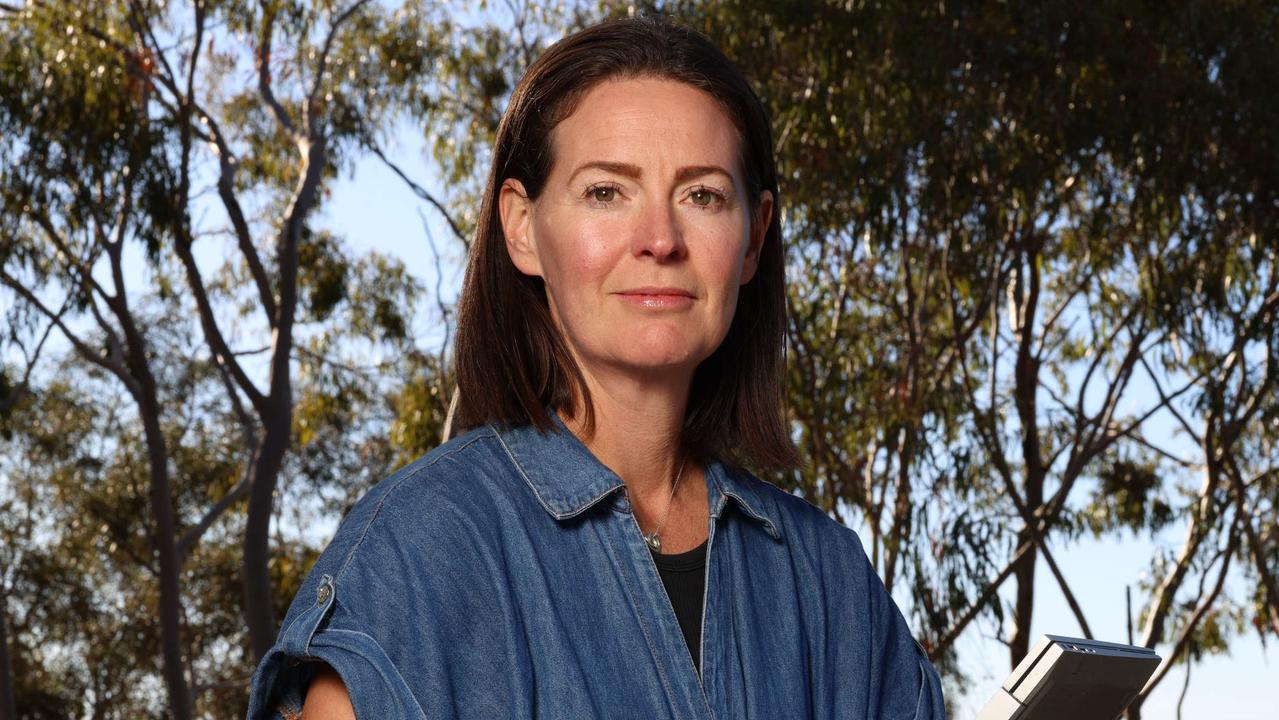
Overall, SA Health employs 240 psychologists – including part-time staff – just a fraction of the 1,894 registered to practice in SA.
He said the government was working with universities to increase the number of psychologists who are graduating with a Masters degree, which is needed to practice.
“No matter what type of mental health professional you are, the call is out that there are going to be jobs available to have you here in South Australia,” he said.
The under-strain system could be set for more pain, with 81 per cent of psychologists saying they would either scale back their hours considerably or leave the public sector altogether if their pay and working conditions weren’t improved.
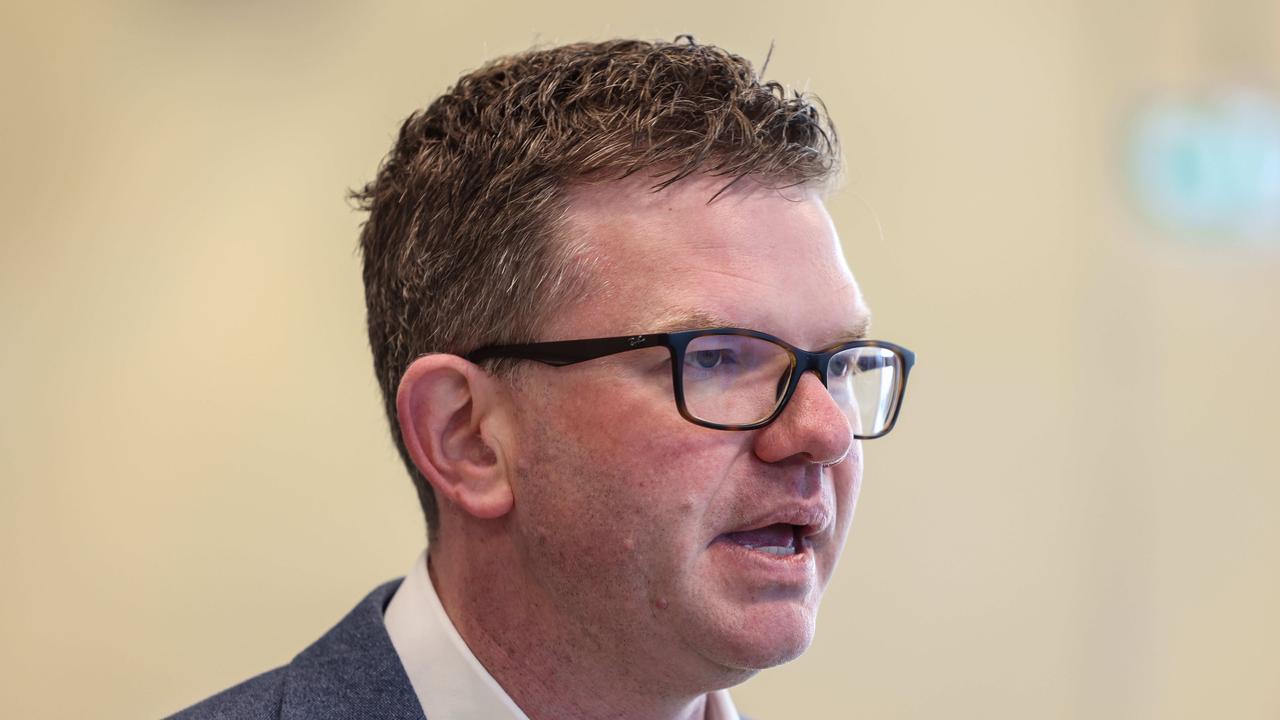
Emma Warne made the difficult decision to leave the public sector in 2023 after providing support across a range of services – including courts, corrections and the drug and alcohol – for more than 10 years.
She said psychologists were burning out quickly in the public sector, with junior staff members being given more responsibilities with little to no supervision.
“We were undervalued and overworked, we were running vacancy levels left, right and centre … the people that were remaining in those positions were picking up the slack and burning out,” Mrs Warne, who mentored young psychologists during her public tenure, said.
“The expectations just keep getting piled up and there’s only so many hours in the day to do what we do safely,” she said.
“The most vulnerable people in our population, the people who need our support the most, are the ones that are least likely to get it.”
She said it was commonplace for mental health nurses to be called in to pick up the slack.
“If you or your loved one goes into a mental health setting within the public sector, they are very unlikely to see a psychologist because we just don’t have them,” she said.
“Positions that should be run by psychologists get reclassified and other clinicians who haven’t got the skills, expertise or training that a psychologist has are providing a service to our most vulnerable people in the population that are at the highest risk.”
The Health Services Union is currently bargaining with the State Government for an improved enterprise agreement, not only in the psychology sector, but for all allied health workers, including physiotherapists, social workers, occupational therapists and pharmacists.
More Coverage
Originally published as Public psychologists leaving industry over poor pay and working conditions, union says.









